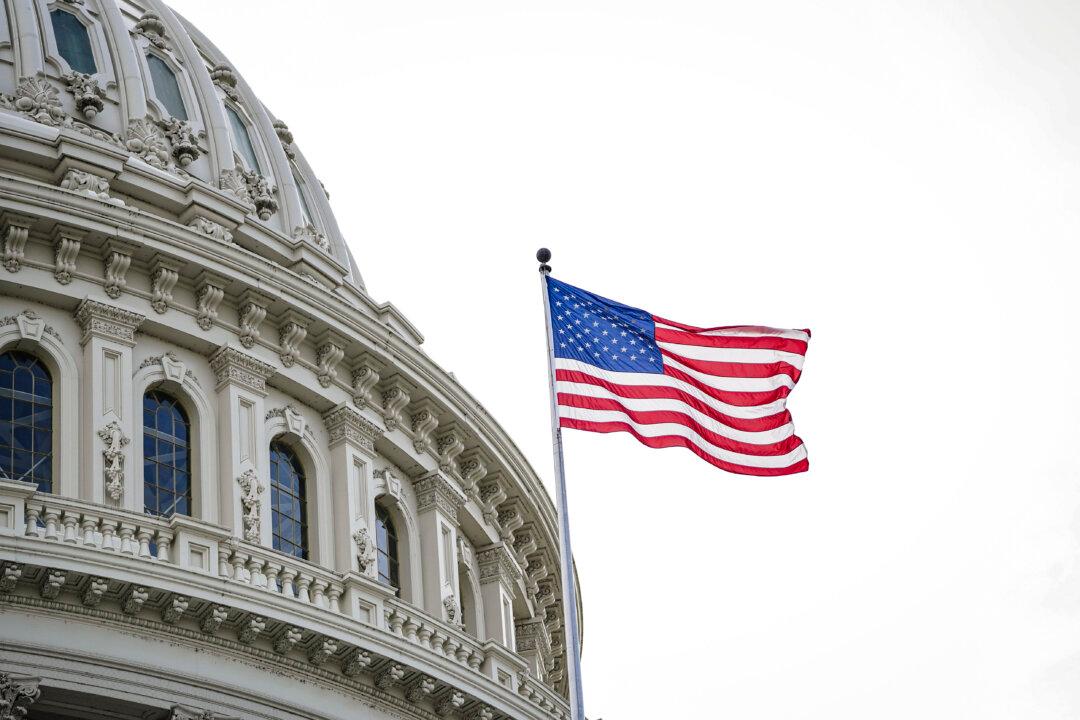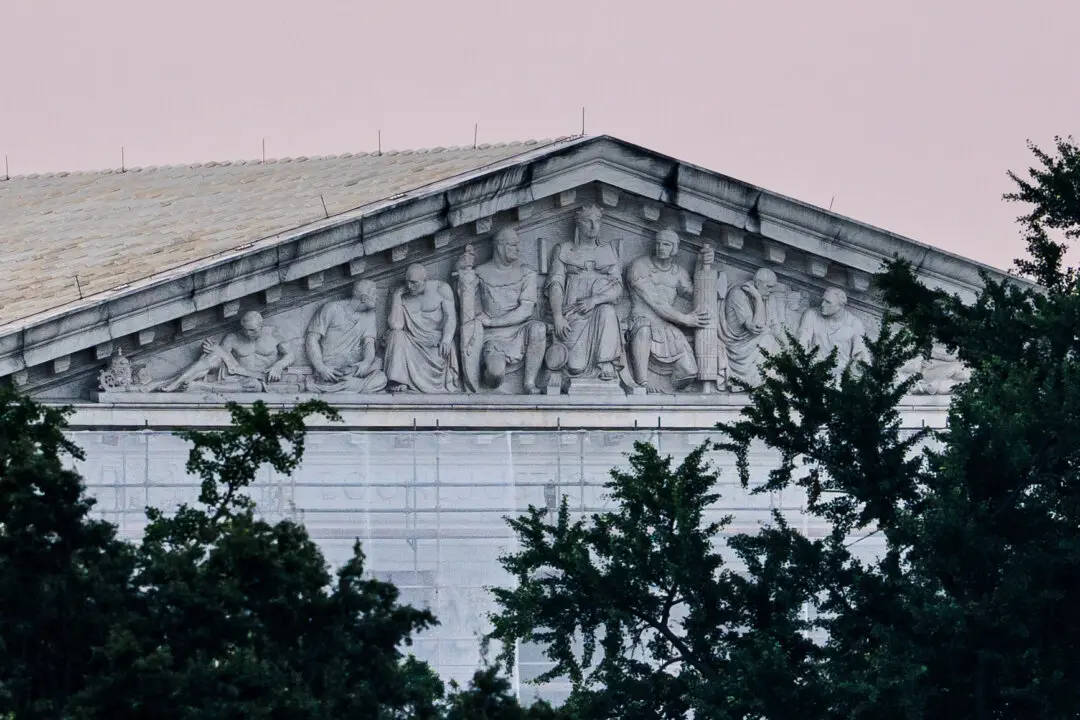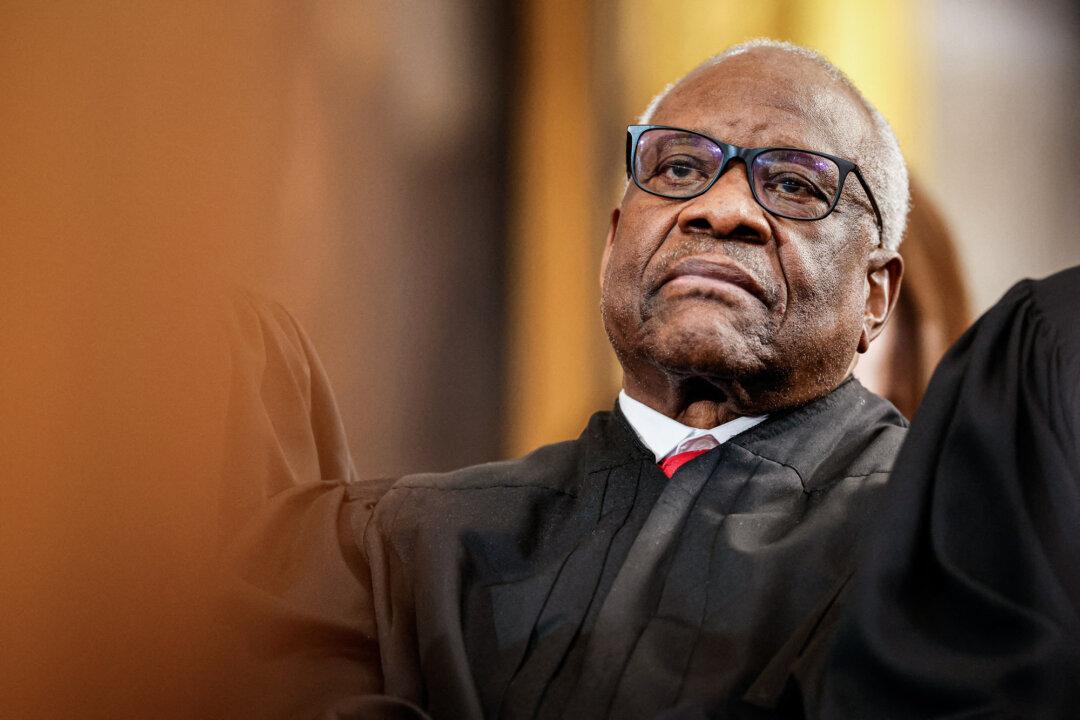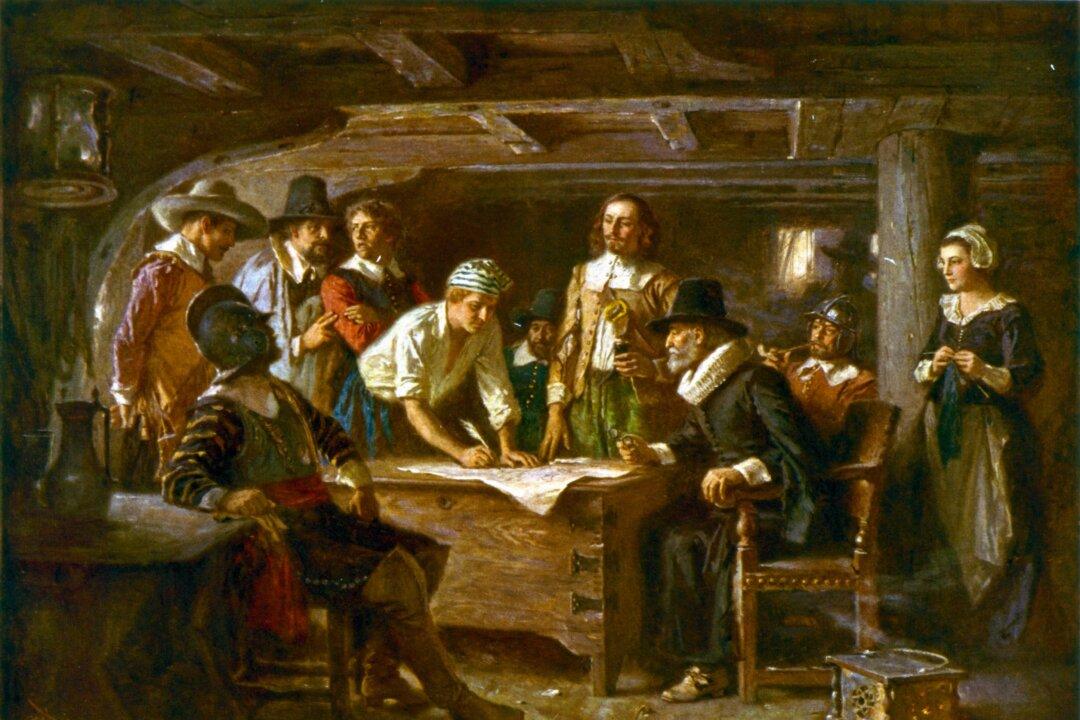Commentary
Viewpoints
Opinion
Civic Illiteracy Is a Danger to Us All
If we as a nation have no idea of where we have been, we have no idea of where we will go in the future.

The U.S. flag at the dome of the U.S. Capitol building on May 12, 2023. Madalina Vasiliu/The Epoch Times
Timothy S. Goeglein is vice president of external and government relations at Focus on the Family in Washington, D.C., and author of the new book “Stumbling Toward Utopia: How the 1960s Turned Into a National Nightmare and How We Can Revive the American Dream.”
Author’s Selected Articles




